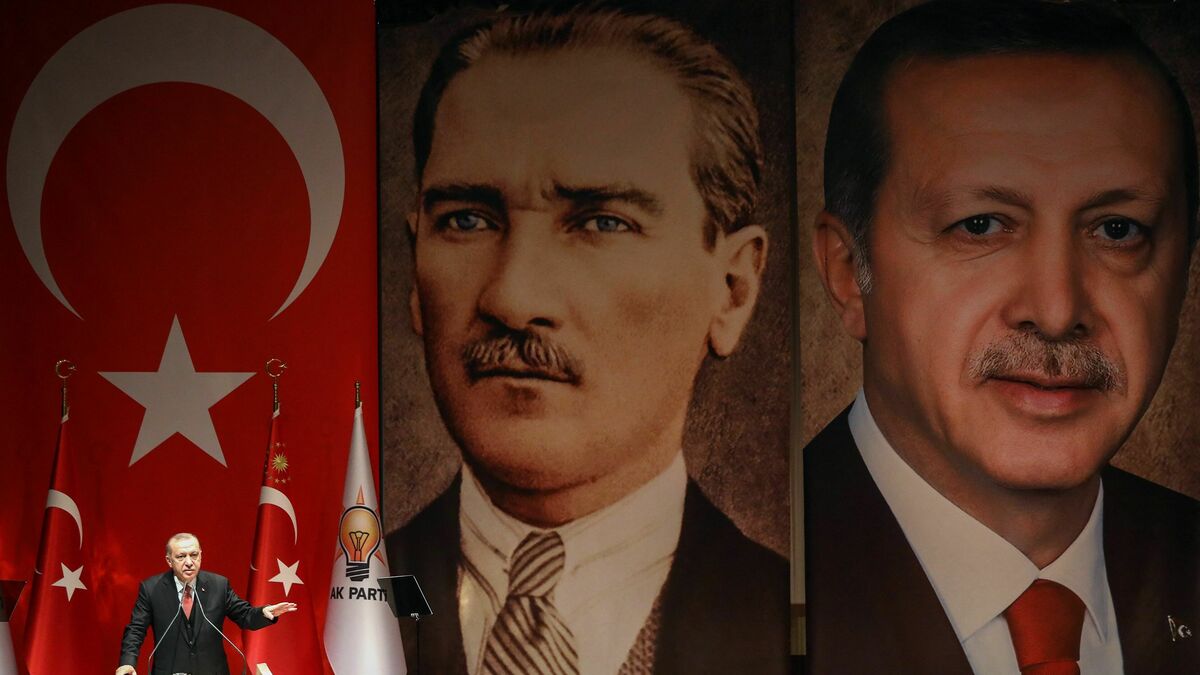The Three Faces of Ataturk : Throughline

ADEM ALTAN/AFP via Getty Images

ADEM ALTAN/AFP via Getty Images
“Authority, without any condition and reservation, belongs to the nation.” A military commander named Mustafa Kemal uttered these words in 1923, on the eve of the founding of the Republic of Turkey. He would later rename himself Ataturk, “Father of the Turks.” And he was outlining a vision for the future: a future where old empires were buried and new nations reigned supreme. That vision would resonate beyond the borders of the new Turkey, becoming a shining example for leaders around the world of how to build a single unified national identity — no matter the cost.
100 years later, what has happened to that legacy? And what should we make of his vision in a world that has been shaped and reshaped by the consequences of nation-building? In this episode, the birth of modern Turkey and the man at the center of it: Mustafa Kemal Ataturk.
Guests featured in episode:
- Soner Cagaptay, director of the Turkish research program and the Bayer Family Fellow at the Washington Institute for Near East Policy and author of the book “A Sultan in Autumn”
- Lerna Ekmekcioglu, associate professor of history at MIT and author of the book “Recovering Armenia, the Limits of Belonging in Post-Genocide Turkey”
- Ryan Gingeras, professor in the Department of National Security Affairs at the Naval Postgraduate School in Monterey, California and author of the book “The Last Days of the Empire”


